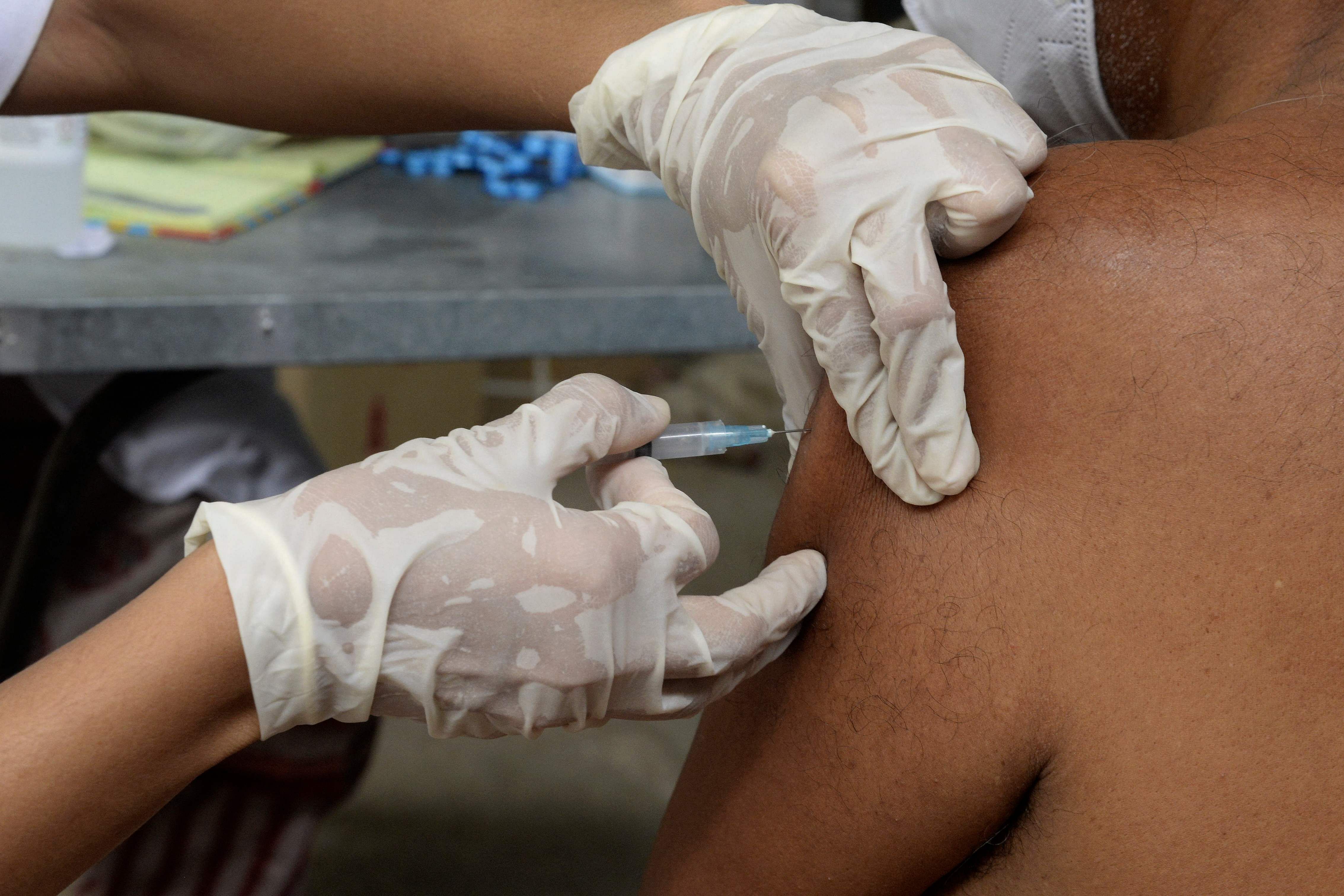
The Centre on Tuesday released a revised guideline for implementation of the Covid-19 vaccination programme, which among other things said “vaccine wastage factor” would be taken into account while allocating the doses to the states.
“Vaccine doses provided free of cost by the Centre will be allocated to states or union territories based on criteria such as population, disease burden and the progress of vaccination. Wastage of vaccine will affect the allocation negatively,” says the new guideline, which will come into force from June 21
According to the Union Health Ministry’s May 26 data, vaccine wastage is the highest in Chhattisgarh (7.47 per cent), followed by Jharkhand (6.44 per cent) and Tamil Nadu (4.55 per cent). The national average is less than 1 per cent. Union Health Minister Harsh Vardhan also wrote to his Rajasthan counterpart, flagging reports of high vaccine wastage in some of the districts.
The policy document comes a day after Prime Minister Narendra Modi disclosed the broad outline of the policy including a reversal of the Centre’s liberalised vaccine policy.
The Prime Minister announced that from now on the Union government would procure 75 per cent of the Covid-19 vaccines manufactured in the country while private hospitals could pick up 25 per cent of the stock as per the current practice.
Vinod Paul, member (health) NITI Ayog said 13 states including Maharashtra – the epidemic’s biggest hotspot - wrote to the Centre requesting centralised procurement. Others include Punjab, Kerala, Jharkhand, Rajasthan, Andhra Pradesh, Odisha, Mizoram, Meghalaya and Tripura.
The states would have to ensure that vaccine doses earmarked for private hospitals are equitably distributed rather than getting concentrated in a few hospitals in big cities.
The reversal decision came days after the Supreme Court described the liberalised vaccination policy as “arbitrary and irrational” and asked the central government to undertake a fresh review of the policy to address the concerns raised in the court. One such concern raised by the Amicus Curiae was that the policy left the state governments to fend for themselves, rather than the Centre acting on behalf of the entire nation.
Paul, however, claimed that the reversal was an independent process not linked to the Supreme Court’s observations as the government was evaluating the decentralisation model since May 1. The government was alive to the public narrative and aware of the difficulties the states faced.
The new policy has a provision of sponsoring the vaccination of a person from an economically disadvantaged background in a private hospital. It allows use of non-transferable electronic vouchers enabling people to financially support Covid-19 inoculation of people belonging to the economically weaker sections at private centres.
“Wihin the population group of citizens more than 18 years of age, the states may decide their own prioritisation factoring in the vaccine supply schedule,” it added.
